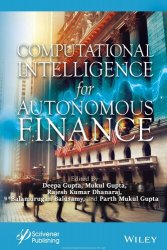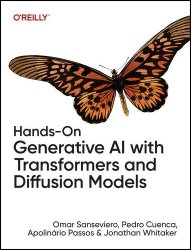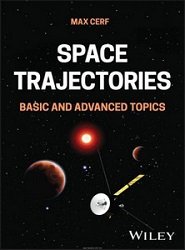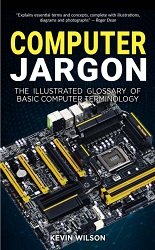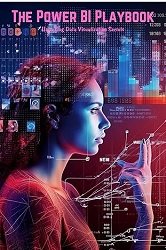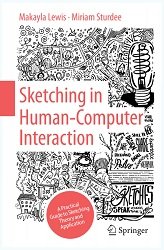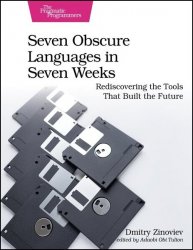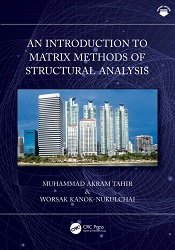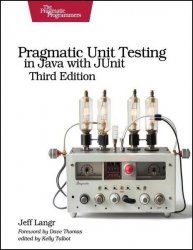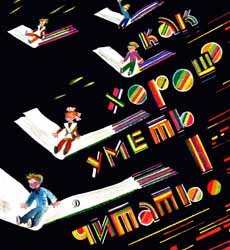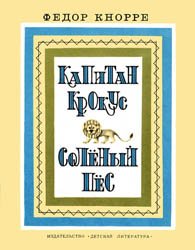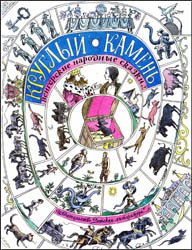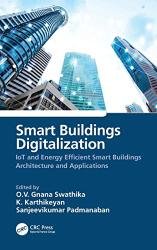 Название: Smart Buildings Digitalization: IoT and Energy Efficient Smart Buildings Architecture and Applications
Название: Smart Buildings Digitalization: IoT and Energy Efficient Smart Buildings Architecture and ApplicationsАвтор: O.V. Gnana Swathika, K. Karthikeyan, Sanjeevikumar Padmanaban
Издательство: CRC Press
Год: 2022
Страниц: 415
Язык: английский
Формат: pdf (true)
Размер: 19.7 MB
This book discusses various Artificial Intelligence and Machine Learning applications concerning smart buildings. It includes how renewable energy sources are integrated into smart buildings using suitable power- electronic devices. Deployment of advanced technologies with monitoring, protection, and energy management features are included along with a case study on automation. Overall, the focus is on architecture and related applications including power distribution, microgrids, photovoltaic systems and renewable energy aspects. Defines smart building concepts and its related benefits.
A smart building is a state-of-the-art building with features that facilitate individuals making informed decisions about the buildings based on the data through smart metering and Internet-of-things (IoT) sensors. IoT and big data analytics is conglomerated with IoT and digital sensors in a web-based system where the building can be monitored, controlled, and acted upon in a real-time scenario. Various Artificial Intelligence (AI) and Machine Learning (ML) applications are discussed concerning smart buildings. This book discusses further how renewable energy sources are integrated into smart buildings using suitable power electronic devices. Advanced technologies with monitoring, protection, and energy management features are deployed in smart buildings. A case study on automation is a crucial feature that is elaborately discussed concerning smart buildings.
Smart buildings are the buildings converted by automation with the Internet of things (IoT) technology. It is done with the aid of special meters called smart meters – IoT devices that record details of who consumes, how much, and when as continuous time series data to the cloud which can be retrieved for analysis whenever needed. The IoT is a boon to this technical world which makes the universe smart. IoT devices that work with artificial intelligence (AI), machine learning (ML), and deep learning (DL) make it operate on desired, specific, perfect, expected, and optimistic outcomes. Smart meter data are collected by using ELNet Software, which is a tool to fetch data from smart meters. Python is chosen over MATLAB as coding with it is more feasible and reliable for understanding and adapting to various kinds of datasets and also it is user-friendly, while MATLAB is a top-level language highly meant for mathematical computations. Python is run under Google Colaboratory, in short Google Colab, as it requires zero configuration, facilitates free access to Graphics Processing Units (GPUs) and enables easy sharing and also is well suited to ML and data analysis and to execute arbitrary Python code through the browser.
Discusses various aspects of role of Internet of Things (IoT) and Machine Learning in smart buildings.
Explains pertinent system architecture focusing on power generation and distribution.
Covers power enabling technologies for smart cities.
Includes Photovoltaic System Integrated Smart Buildings.
This book is aimed at graduate students, researchers and professionals in building systems engineering, Architectural engineering, electrical engineering.
Скачать Smart Buildings Digitalization: IoT and Energy Efficient Smart Buildings Architecture and Applications
[related-news] [/related-news]
Комментарии 0
Комментариев пока нет. Стань первым!
